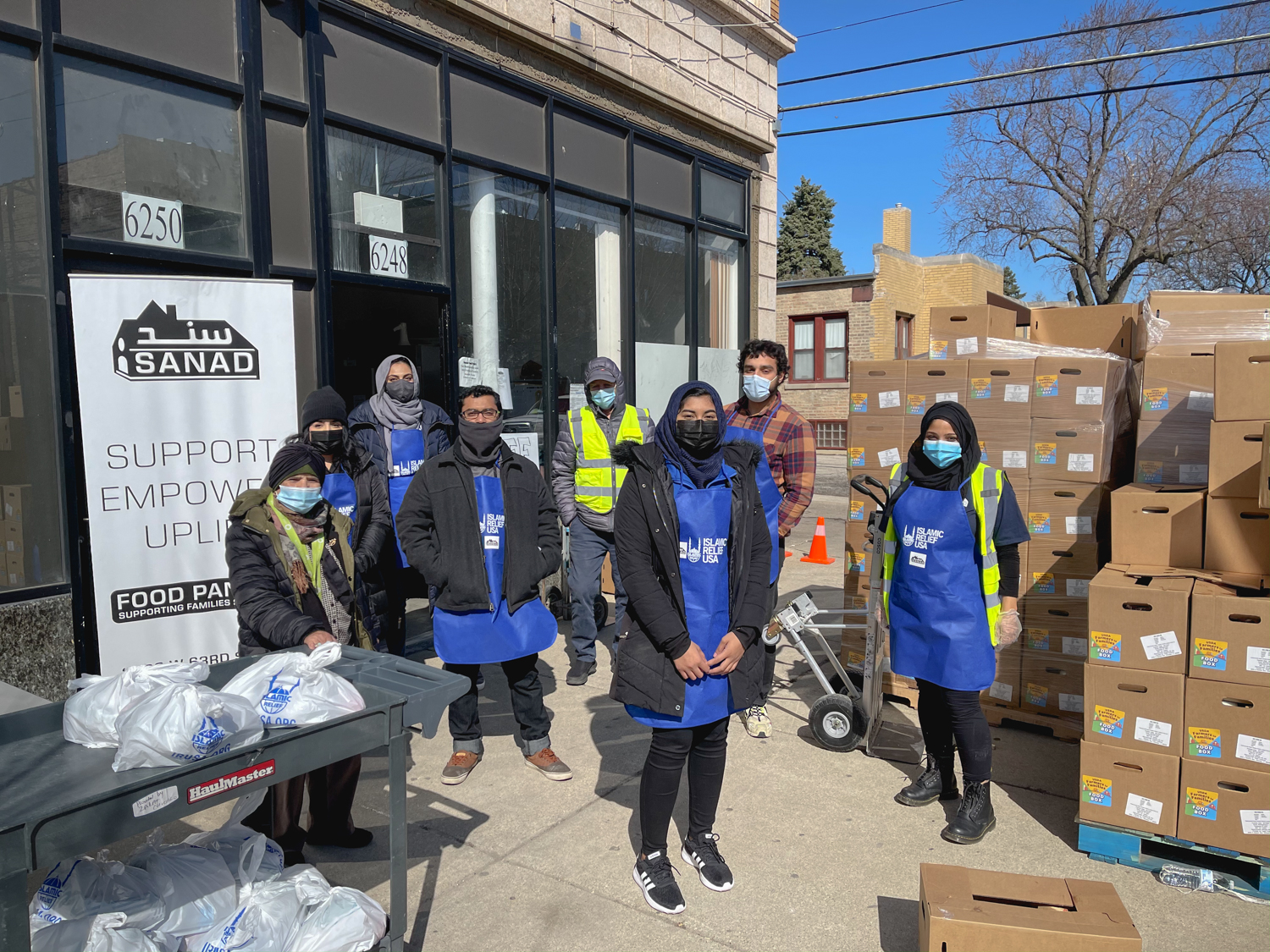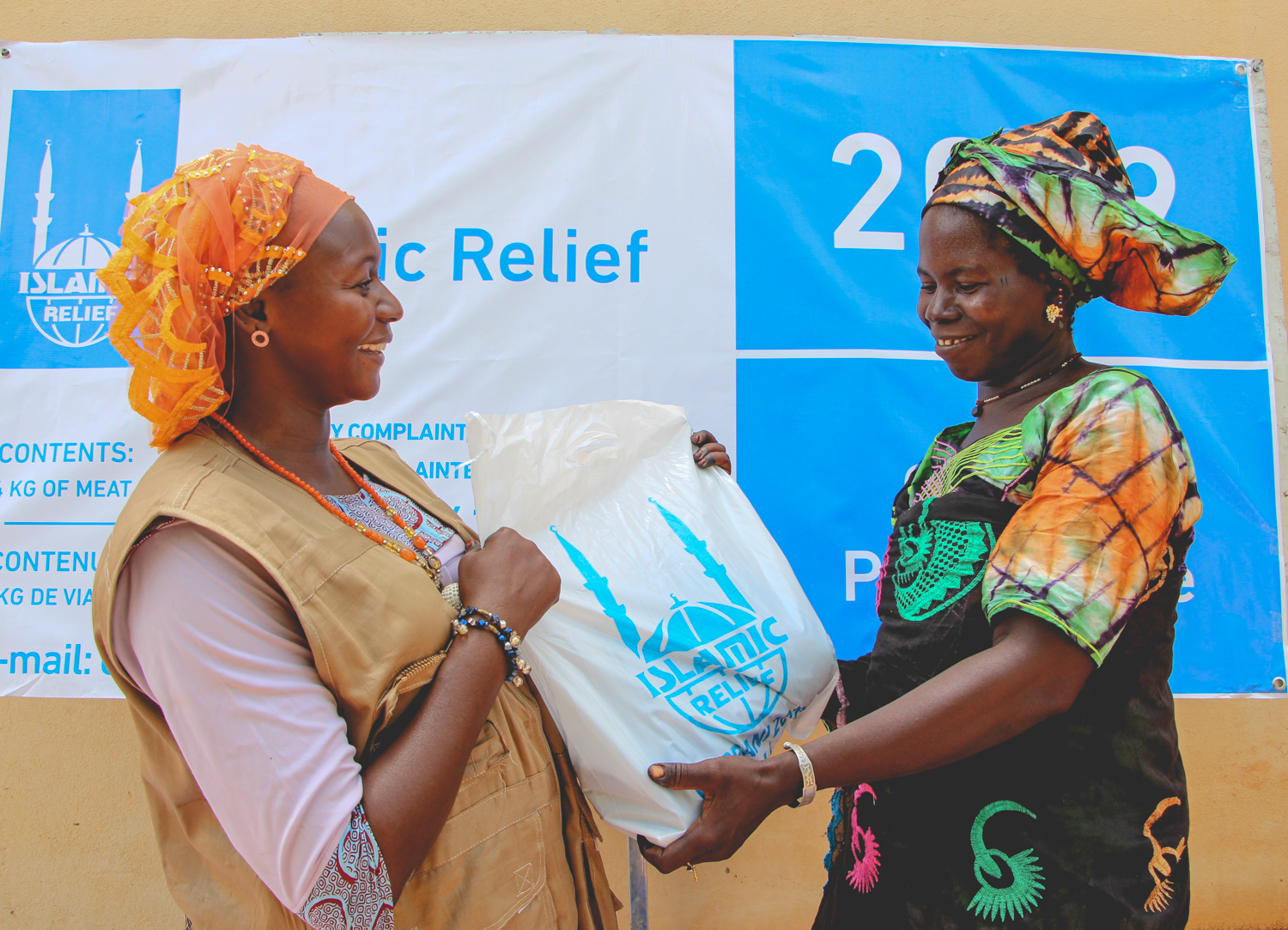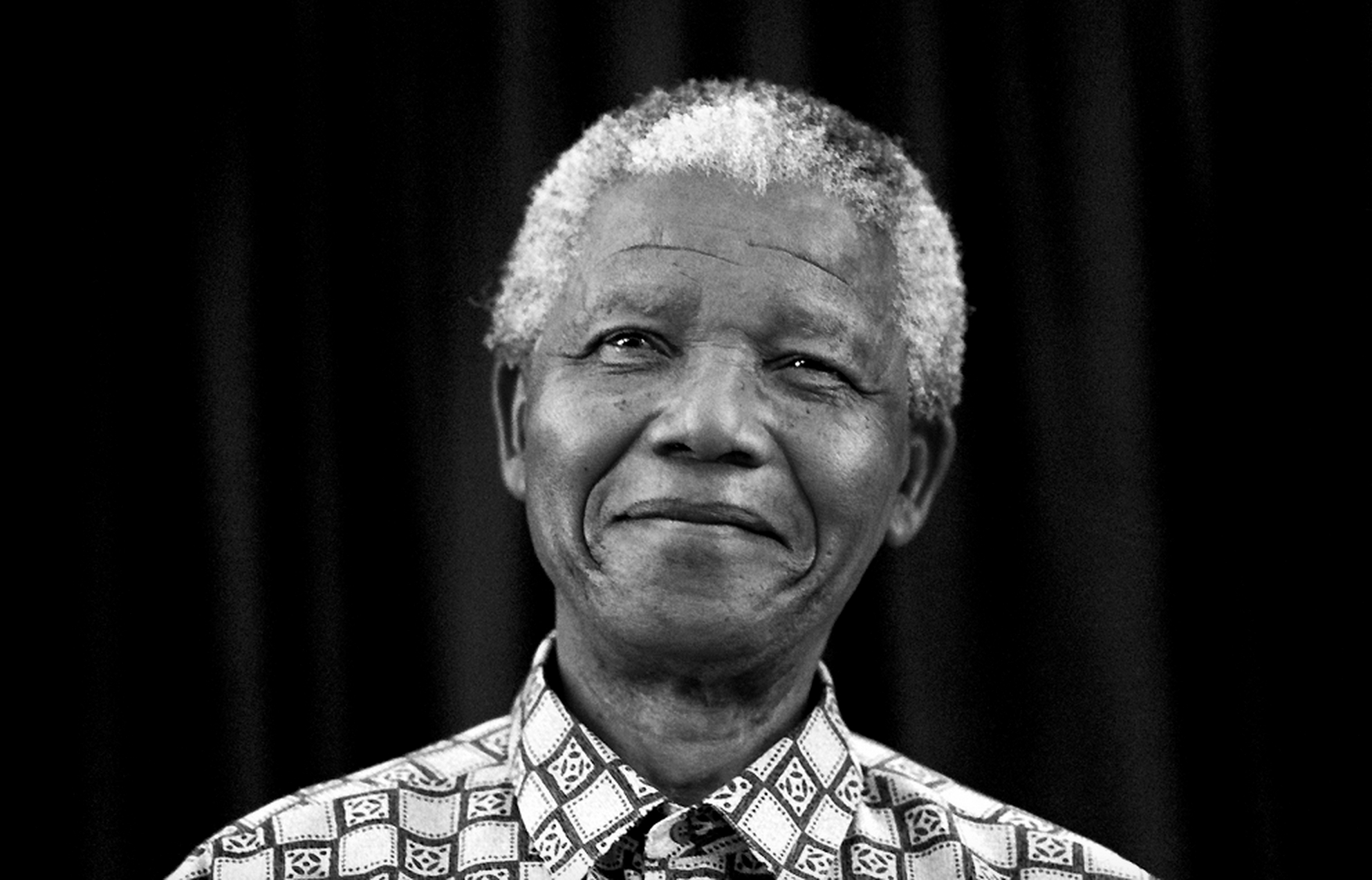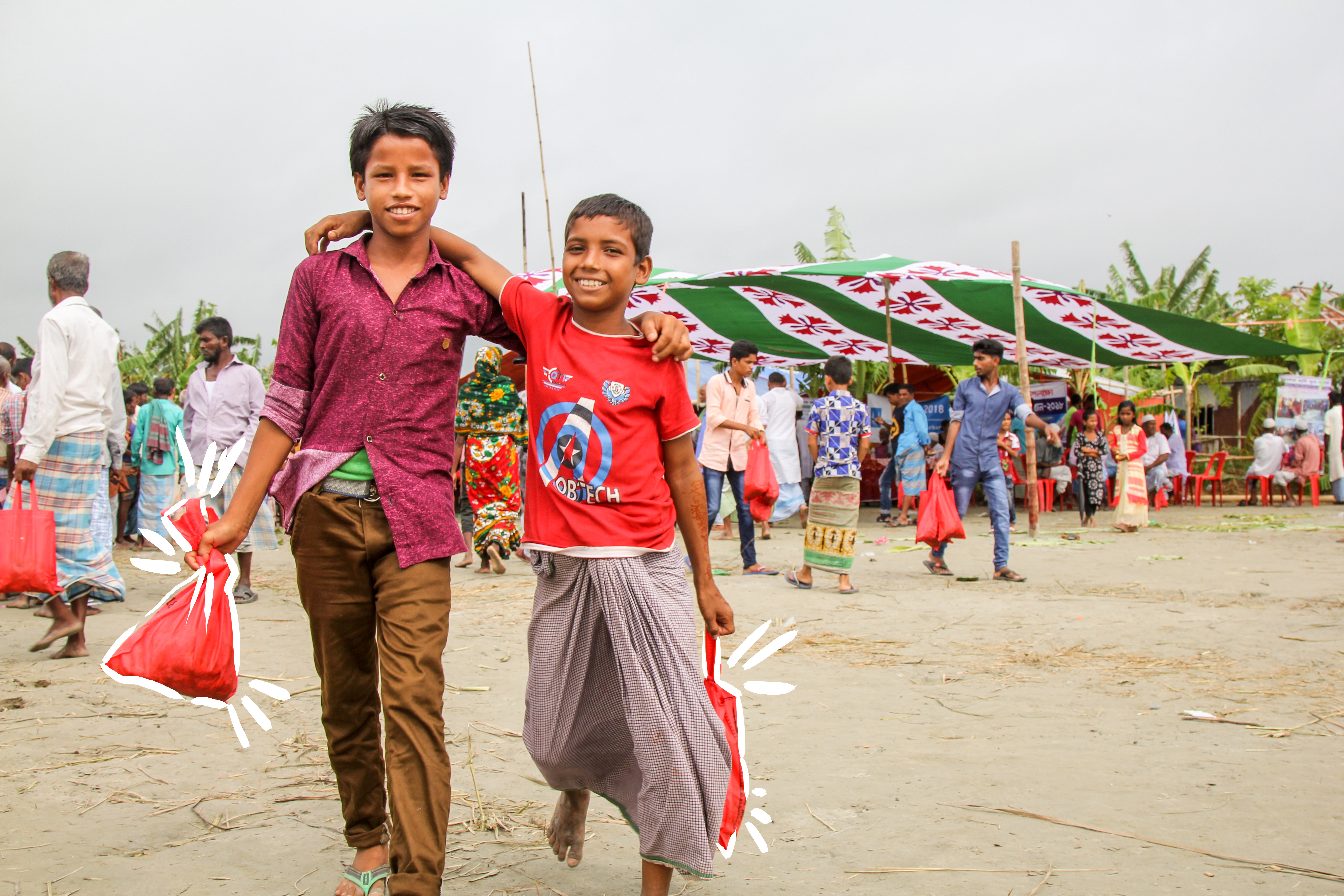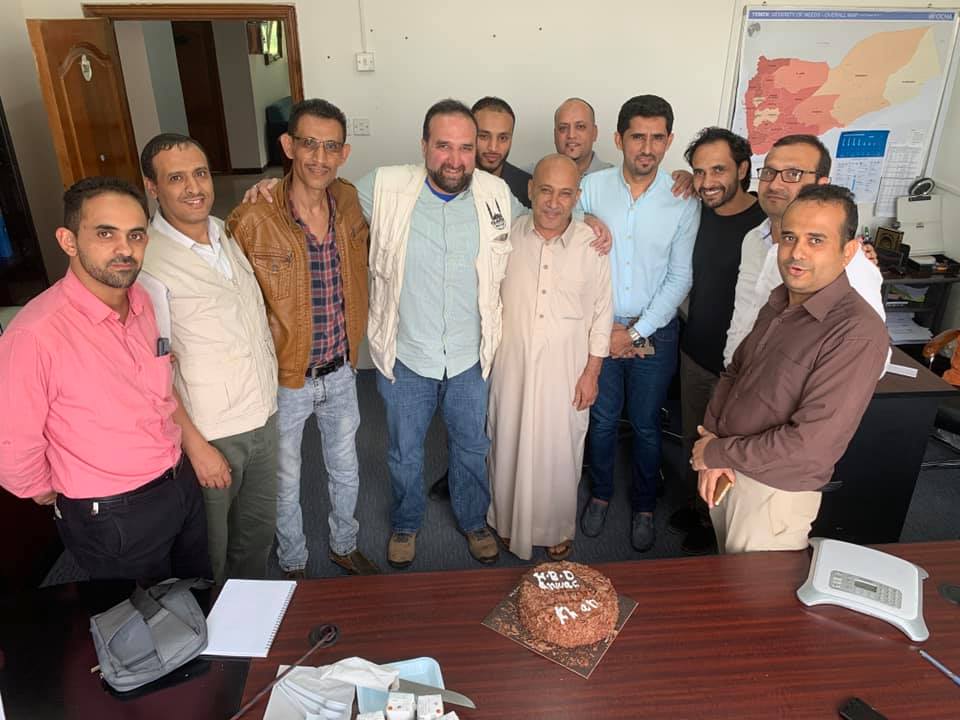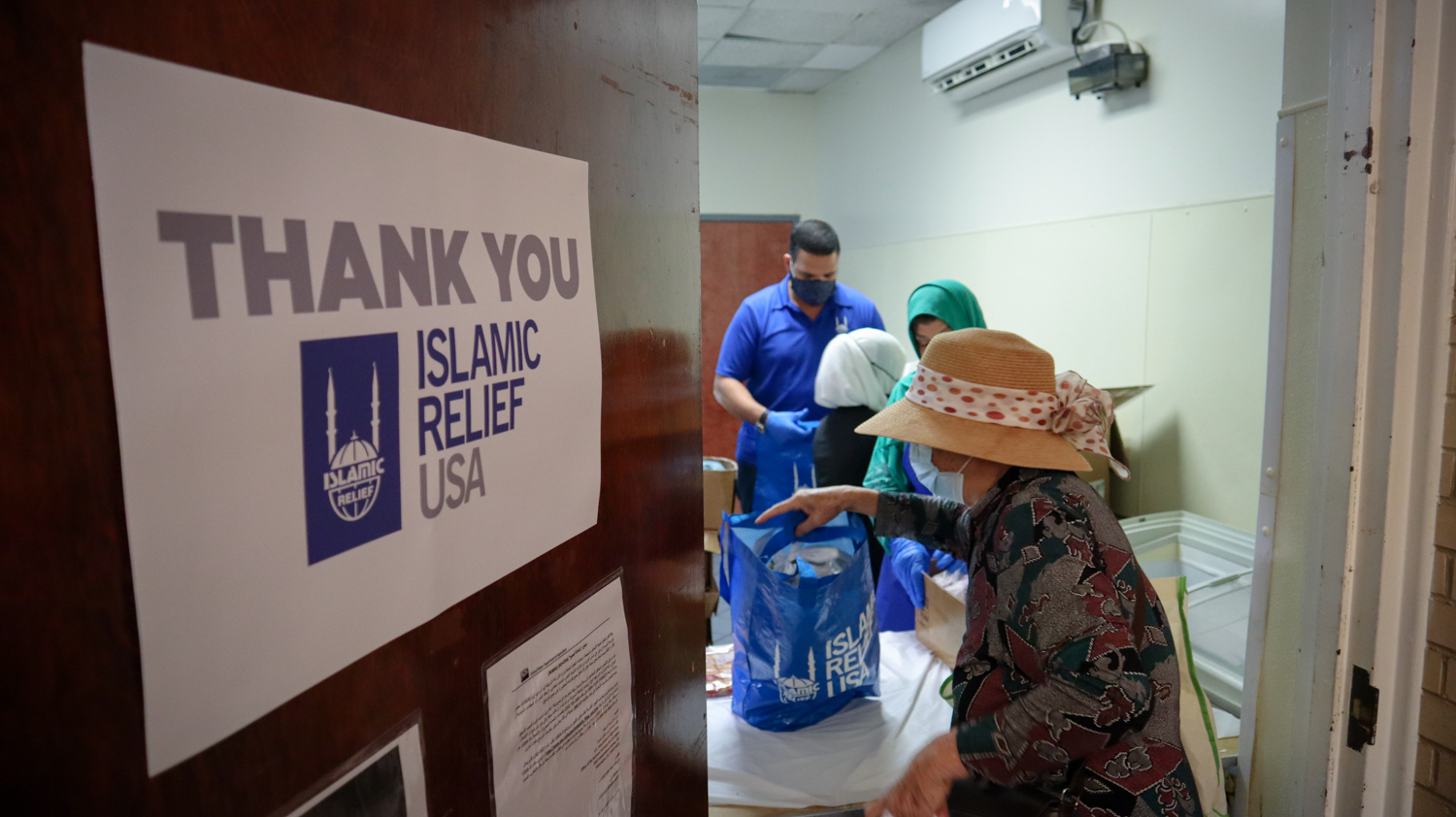
Dar al-Hijrah Qurbani brings out Community Strong
One of VA’s largest mosques partners to fulfill Udhiyah rites
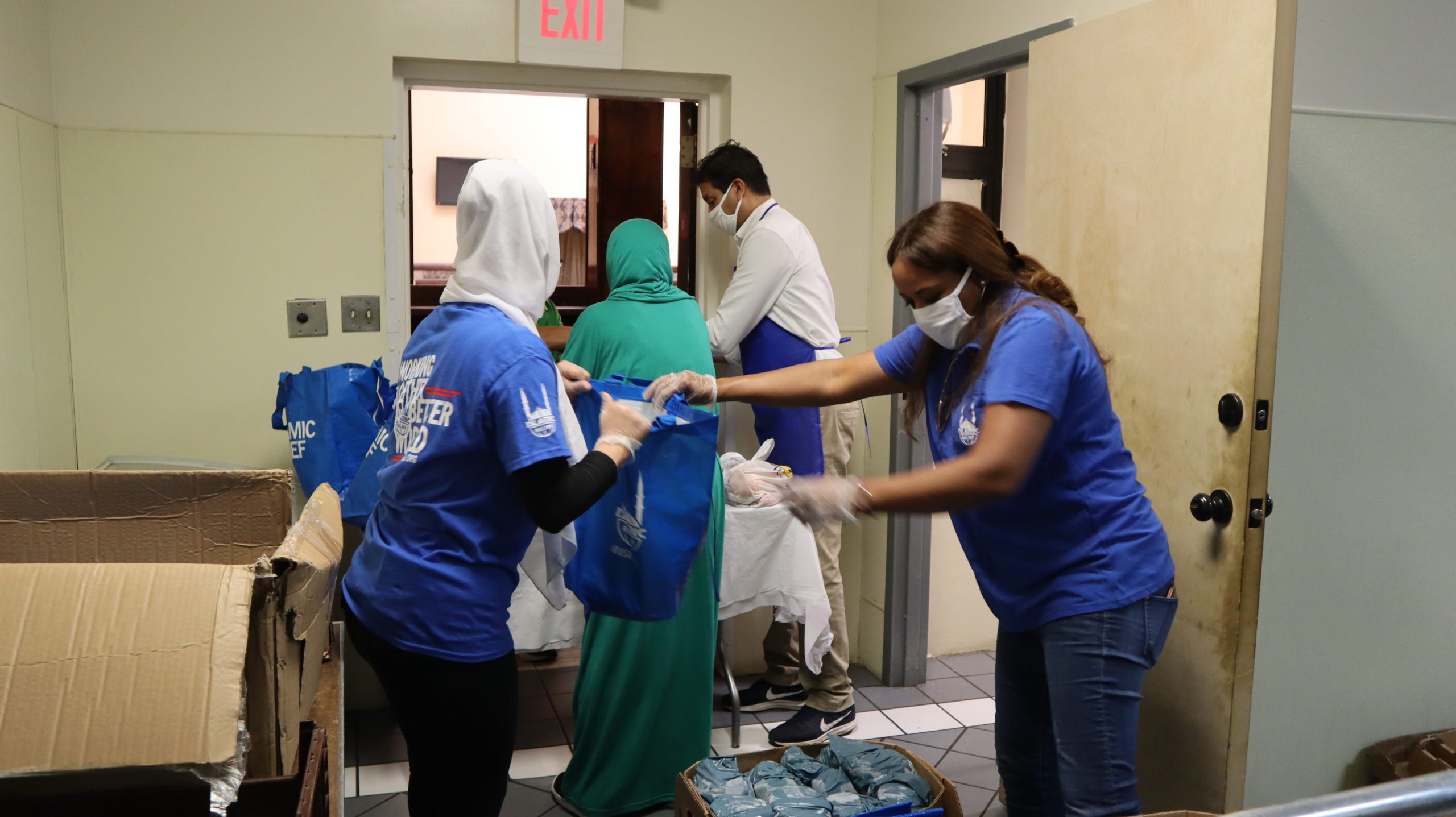
Busy Bees
The cars steadily pulled into the gated parking lot of Dar Al Hijrah mosque in Falls Church-Fairfax County. One by one, they navigated the nearly full lot to get something a little different from the usual Thursday food pantry allocations.
On this particular Thursday, Aug. 5, people waiting in line were scheduled to receive a 5-pound piece of lamb, a food that aptly symbolizes the Islamic tradition of Qurbani. Islamic Relief USA’s (IRUSA) Qurbani campaign enables people who normally don’t have access to high-quality meat to have a taste of it.
In addition to upholding a religious tradition, it is part of IRUSA’s far-reaching campaign to combat food insecurity, which has seen a considerable uptick during this still ominous coronavirus pandemic. While the economy has picked up, so has inflation, which has resulted in higher food costs, a byproduct that threatens to further exacerbate hunger.
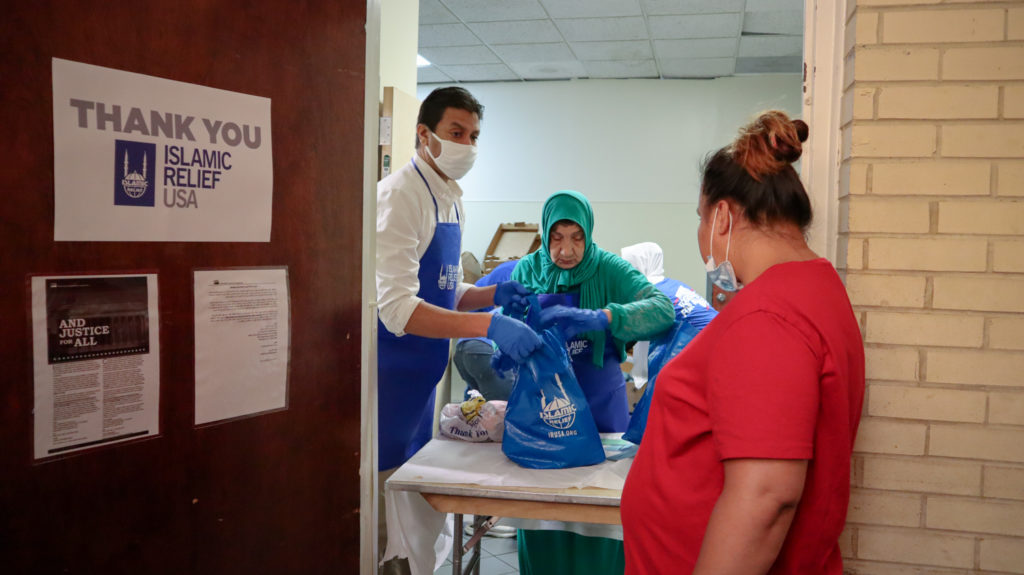
Giving is living
Thanks to the generosity of our donors, people in dozens of countries are able to benefit from this campaign. In the United States, nearly 118,000 pounds of Qurbani meat in more than 40 different cities will be distributed, helping thousands of households.
The Qurbani distribution at Dar-al-Hijrah is estimated to have helped 1,200 families. While Falls Church-Fairfax County has consistently ranked as one of the wealthiest areas in the country, it is also home to a large immigrant population, many of whom are starting life all over again by working “survival jobs,” as one of the social services directors described it. Many of these jobs don’t provide the salubrious earnings to provide adequate food for their families, let alone make a cozy living at one of the municipality’s market-rate apartments.
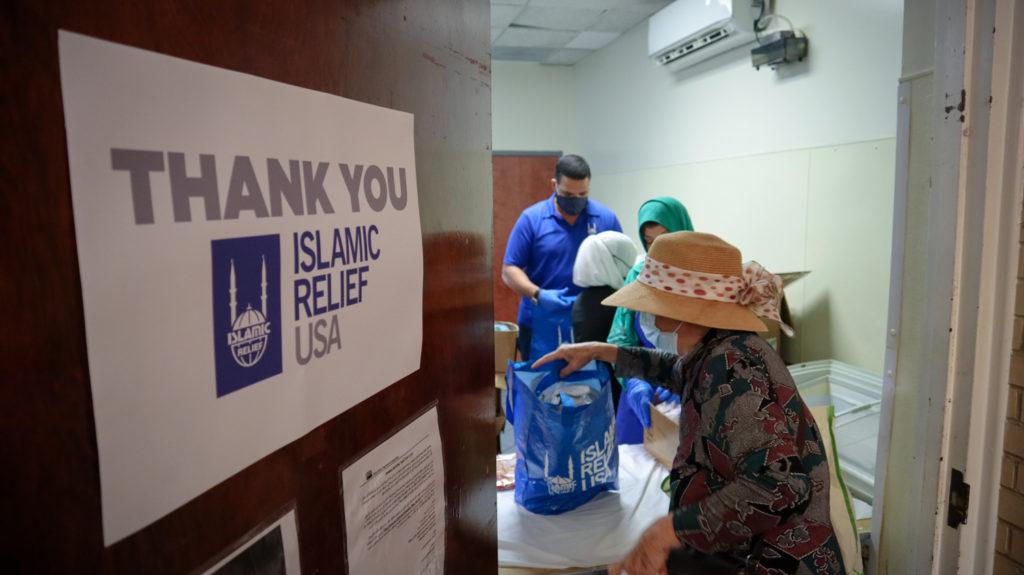
At the mosque, many came with their own reusable bags, the kind that supermarkets and other big box stores are encouraging their customers to embrace in order to save the environment and practice sustainability (and maybe even to avoid future taxes on plastic bags). Some even came with folding carts, the kind more accustomed for holding laundry.
People formed a line in the mosque’s reception room and then made their way to the kitchen’s Dutch door, where the mosque and IRUSA volunteers/staffers provided the goods. The 5-pound lamb brisket was accompanied with the mosque’s usual food pantry staples of seasoned chicken legs, bread, and bags of vegetables.
Warm words
Recipients said the food helps tide them over. Having lamb this time around provides zest to their otherwise ordinary routine meals. At a time when many types of meat, especially beef, have seen their prices skyrocket, the brisket definitely can be considered a gift.
Many of the recipients are the breadwinners of their households who admitted their jobs’ earnings barely covered housing expenses, often requiring them to cut back on their food budgets. They all have young children.
Some people said they lost their jobs or saw their hours reduced due to the public health crisis-related slowdowns.
These people all served as reminders that economic pain–and the various insecurities that go along with it–have staying power, even if recent numbers on a government agency spreadsheet may indicate progress.
There’s always room for improvement, another soul in need of assistance. The work is far from over. Thanks to the generosity of our donors and supporters, IRUSA remains active on the frontlines.
